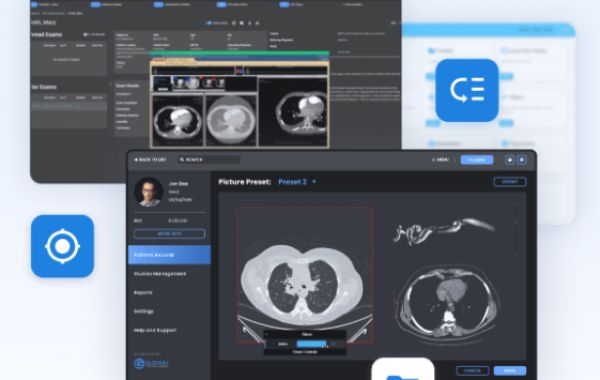In the ever-evolving landscape of healthcare technology, DICOM solutions stand out as a beacon of innovation and efficiency. As healthcare providers continue to strive for enhanced patient care and streamlined workflows, the adoption of DICOM (Digital Imaging and Communications in Medicine) has become indispensable. In this comprehensive guide, we delve into the transformative power of DICOM solutions and their profound impact on the medical imaging industry.
Understanding DICOM Solutions
DICOM represents the universal standard for the communication and management of medical imaging information and related data. It enables seamless interoperability among various imaging devices, such as MRI machines, CT scanners, ultrasound equipment, and more. By employing a standardized format for image storage and transmission, DICOM solutions facilitate the exchange of medical images and accompanying patient information across disparate systems and healthcare facilities.
The Advantages of DICOM Solutions
Enhanced Interoperability
DICOM solutions break down the barriers between different imaging modalities and healthcare IT systems, promoting interoperability and data exchange. This interoperability ensures that medical professionals can access patient images and data regardless of the equipment or software used for image acquisition, storage, or viewing. Consequently, it fosters collaboration among healthcare providers and enables comprehensive patient care.
Improved Workflow Efficiency
By streamlining the process of image acquisition, storage, retrieval, and sharing, DICOM solutions optimize workflow efficiency within healthcare organizations. Medical staff can swiftly access patient images and diagnostic reports, leading to quicker diagnoses, treatment decisions, and ultimately, improved patient outcomes. Furthermore, automation features embedded within DICOM solutions eliminate manual tasks, reducing the risk of errors and freeing up valuable time for healthcare professionals.
Enhanced Diagnostic Accuracy
The standardized format of DICOM ensures the integrity and fidelity of medical images, allowing radiologists and other clinicians to make accurate diagnoses with confidence. Moreover, DICOM solutions often incorporate advanced image processing algorithms and visualization tools that aid in the detection and interpretation of abnormalities. By leveraging these capabilities, healthcare providers can enhance diagnostic accuracy and precision, leading to more effective treatment plans and interventions.
Seamless Integration with PACS
DICOM solutions seamlessly integrate with Picture Archiving and Communication Systems (PACS), which serve as centralized repositories for medical images and related data. This integration enables healthcare organizations to consolidate their imaging resources, streamline data management, and improve access to patient information. Additionally, DICOM-enabled PACS support remote viewing and telemedicine applications, extending the reach of healthcare services to remote or underserved areas.
Future Trends and Innovations
As technology continues to evolve, the landscape of DICOM solutions is poised for further advancements and innovations. Emerging trends such as Artificial Intelligence (AI) and Machine Learning (ML) are revolutionizing medical imaging by augmenting diagnostic capabilities, automating image analysis, and predicting patient outcomes. Furthermore, the integration of DICOM with emerging technologies such as cloud computing and Internet of Things (IoT) holds the promise of enhanced scalability, accessibility, and cost-effectiveness.
Conclusion
In conclusion, DICOM solutions represent a cornerstone of modern medical imaging, driving efficiency, interoperability, and diagnostic accuracy across the healthcare continuum. By embracing DICOM standards and leveraging advanced imaging technologies, healthcare providers can unlock new possibilities for patient care, research, and innovation. As we look towards the future, the transformative potential of DICOM solutions continues to redefine the landscape of medical imaging, ultimately improving outcomes and advancing the practice of medicine.








